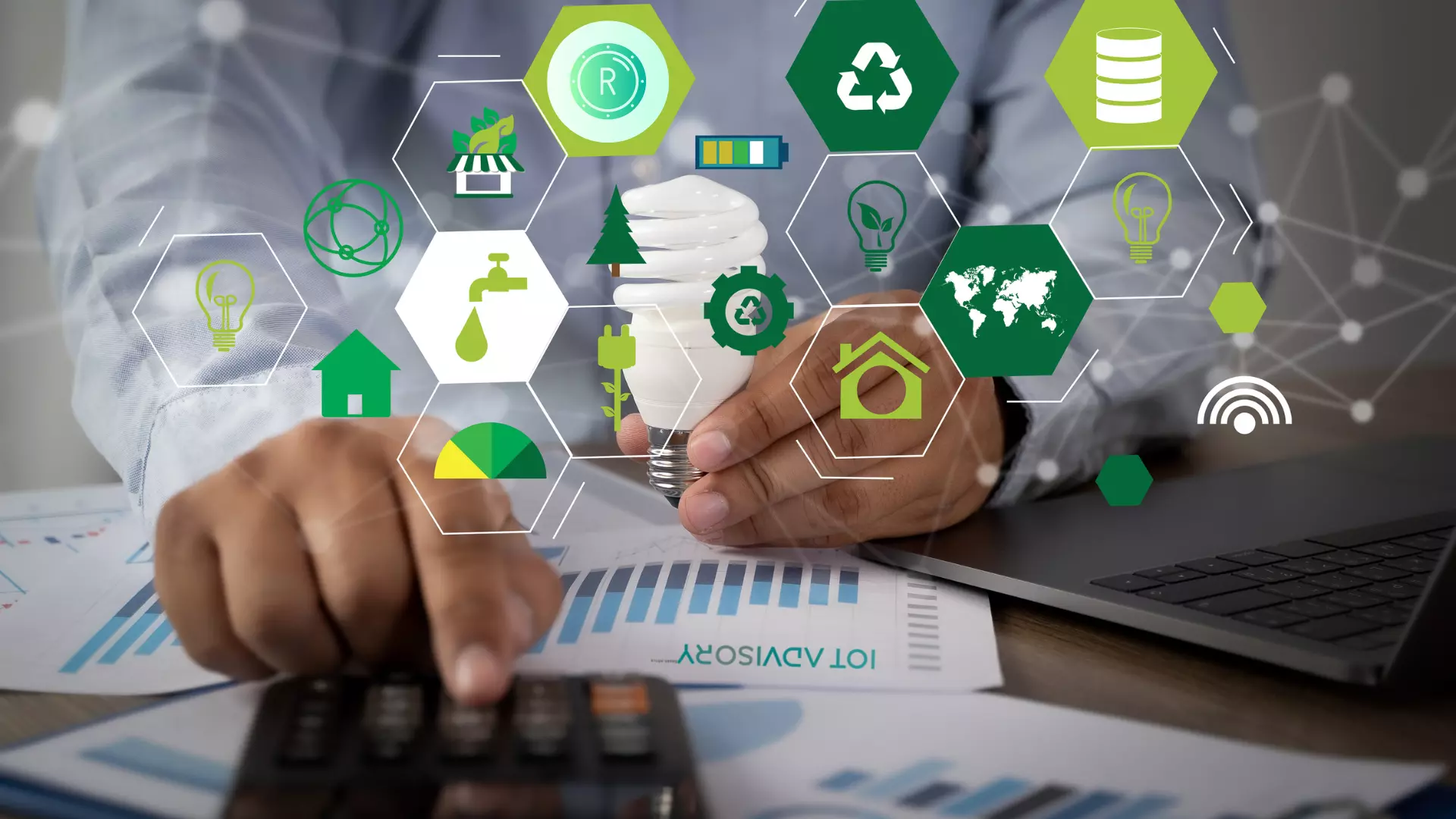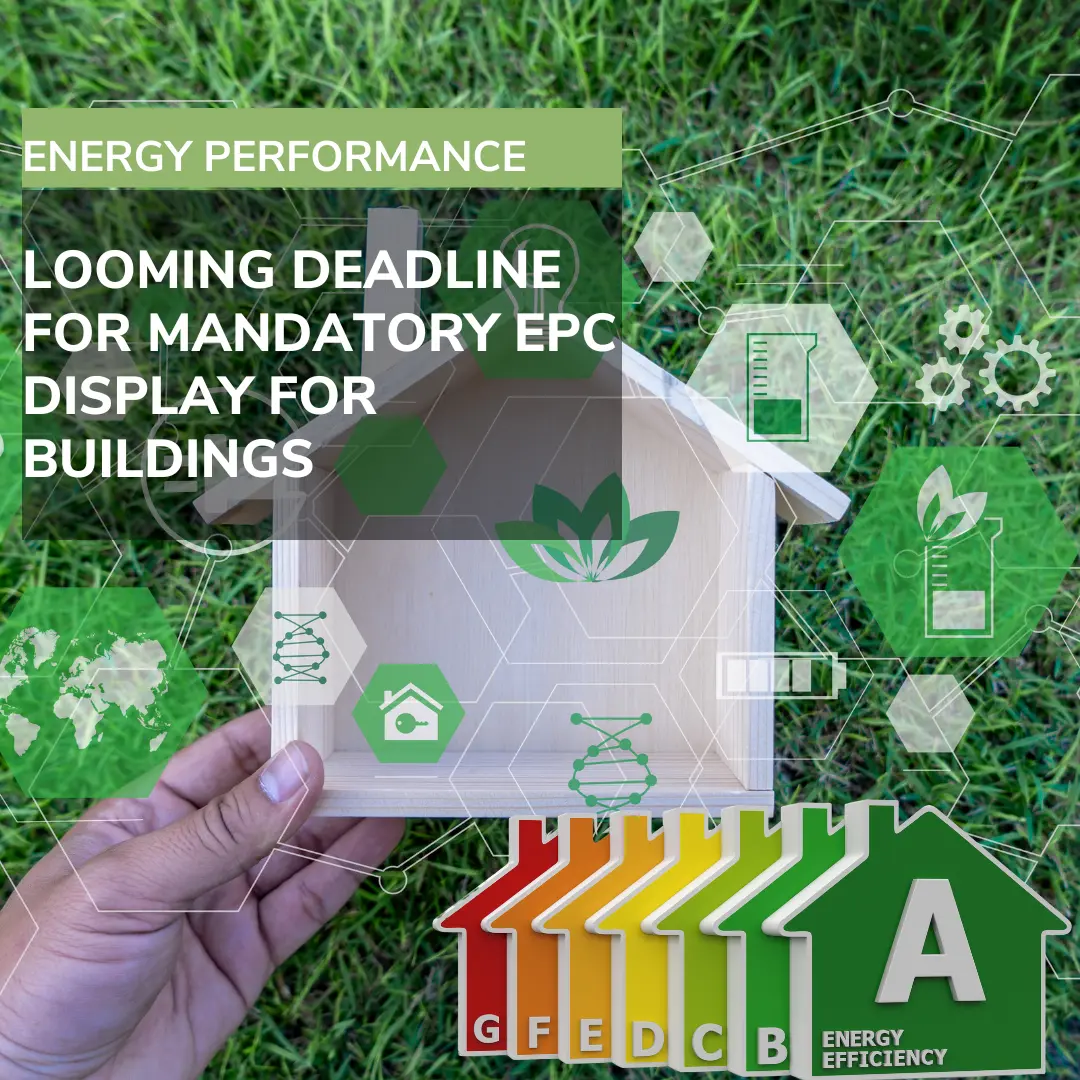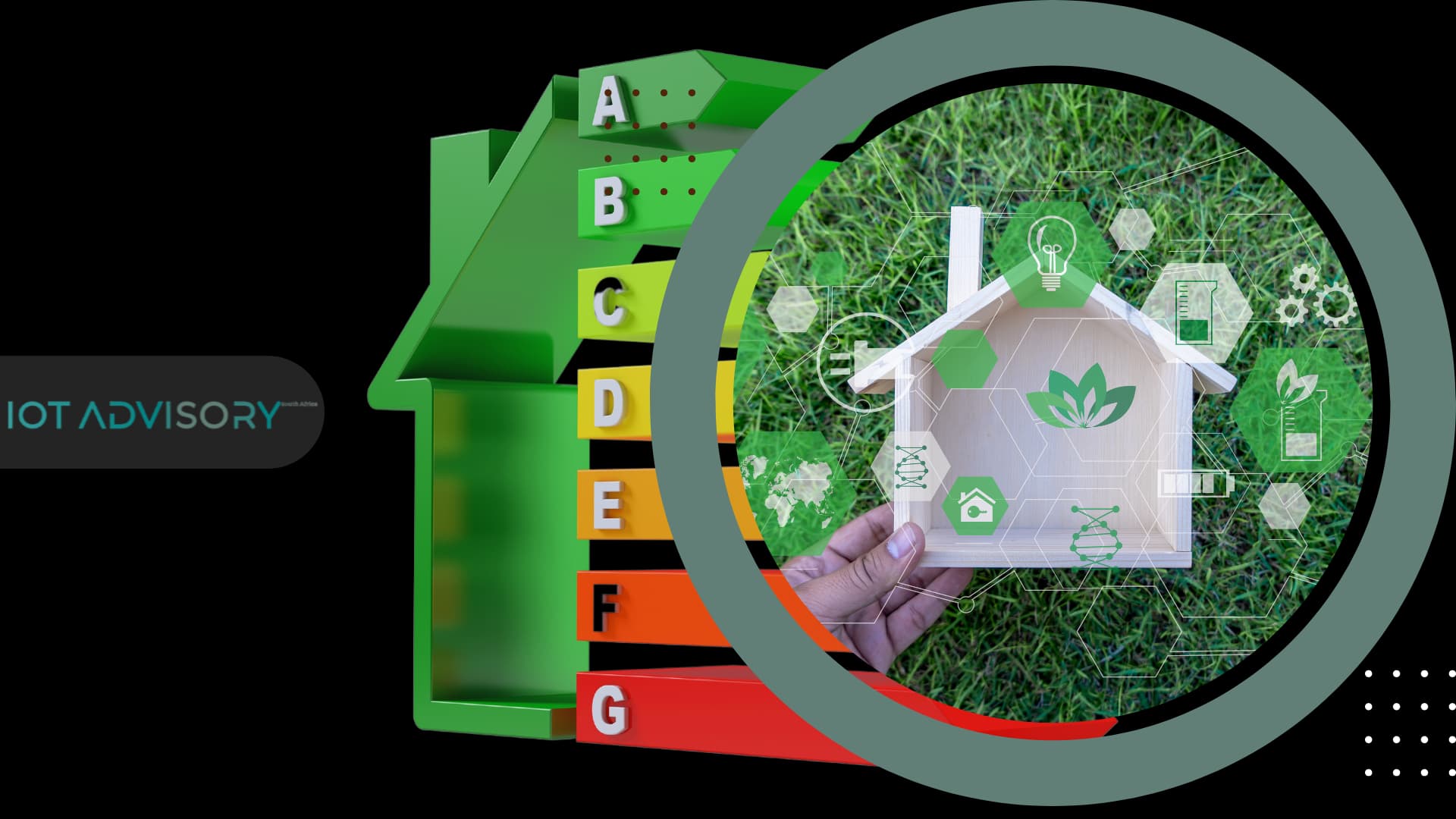Environmental
Environmental criteria require a company to look at the effect of its operations on the environment. The company needs to draw up a roadmap to change its operational model to integrate clean energy, reduce waste while maintaining productivity. The roadmap will include short-, medium-, and long-term goals to minimise the environmental impact of the business. The integration of tax considerations in drafting the environmental strategy is important with the expansion of environmental taxes and incentives for lowering environmental impact.








